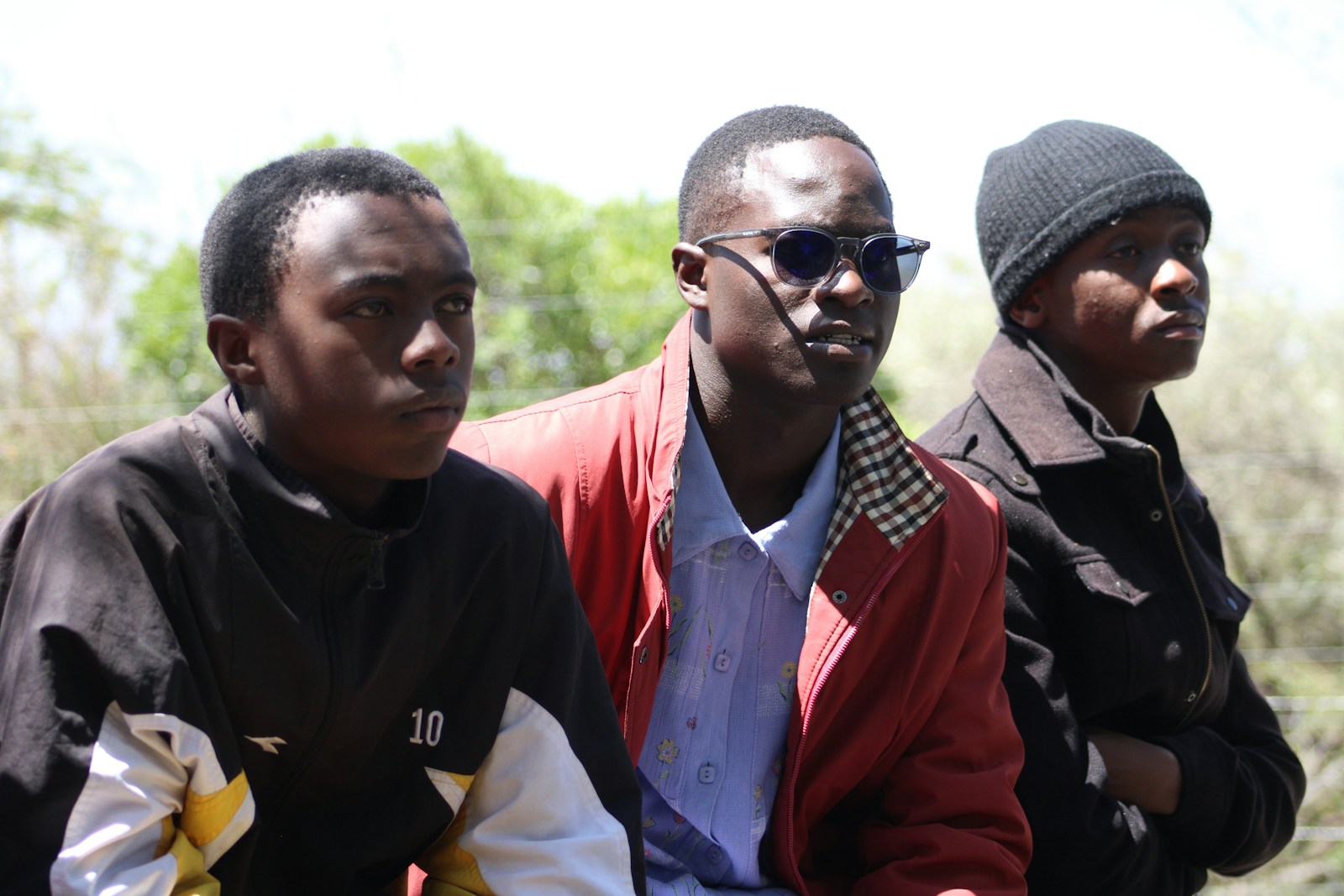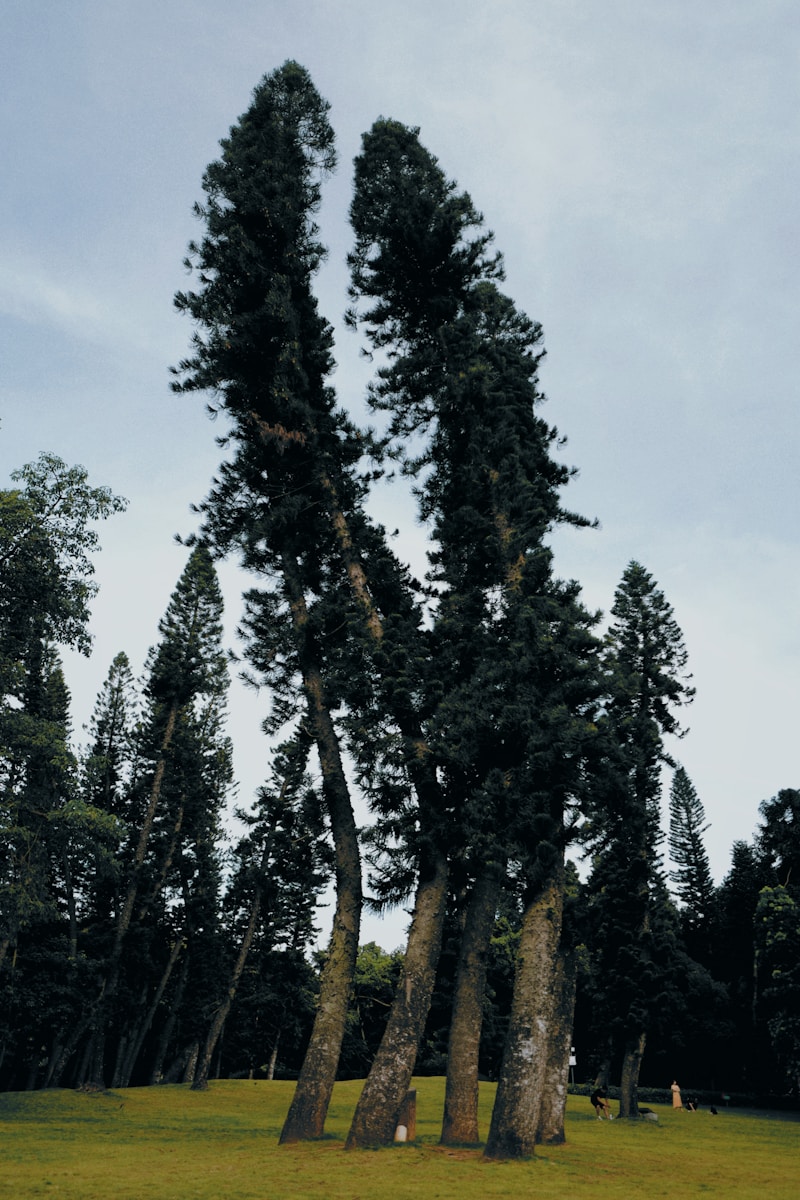Mzilikazi Story Film: Inspiring Reasons Youth Demand Adaptation
The Mzilikazi Story has long captured the imagination of Southern African youth. Known for his leadership and cultural impact, Mzilikazi’s journey offers lessons in resilience, vision, and community building. Young audiences now call for a cinematic adaptation to bring these historical events to life, combining entertainment with education.
1. Preserving Cultural Heritage
One of the main reasons youth demand a Mzilikazi Story film is the desire to preserve and celebrate African cultural heritage. Beyond mere storytelling, a cinematic adaptation serves as a living archive of Southern Africa’s rich traditions, languages, and historical narratives. Through carefully crafted visuals, costume design, and accurate depictions of historical events, the film can immerse viewers in the era of Mzilikazi, giving them a tangible connection to their roots.
By showcasing traditional ceremonies, leadership structures, and everyday life during Mzilikazi’s reign, the film allows younger generations to witness history in a dynamic and engaging way, turning abstract facts into memorable experiences. Schools, educators, and community groups could integrate such a film into learning programs, promoting a sense of pride and identity among youth. Moreover, highlighting local languages and oral storytelling traditions ensures that cultural elements are kept alive for future generations.
In addition, cinematic adaptations can create interactive platforms for audiences, encouraging youth to explore, debate, and participate in cultural storytelling. Documentaries, companion apps, or educational workshops can complement the film, making history accessible in multiple formats. Learn more about African cultural film projects
2. Inspiring Leadership and Resilience
Mzilikazi’s life story is not only historically significant but also highly inspirational for young audiences. His ability to navigate complex political landscapes, establish a kingdom, and maintain social cohesion demonstrates resilience, strategic thinking, and effective leadership—qualities that resonate strongly with youth seeking role models today.
A film adaptation can amplify these lessons by dramatizing key moments where Mzilikazi faced challenges, such as conflicts with rival groups, migration journeys, and difficult decisions impacting his people. Through character-driven storytelling, viewers can empathize with the challenges he encountered, understanding the human qualities behind historical achievements.
Moreover, presenting these challenges visually encourages youth to reflect on their own leadership potential. Workshops, school discussions, and youth forums can be linked to the film, prompting debates on ethics, governance, and community responsibility. In essence, the cinematic medium transforms Mzilikazi’s resilience into a blueprint for modern leadership, motivating youth to emulate his perseverance and problem-solving skills in their own communities.
3. Empowering Youth Engagement
The youth see a film adaptation as a tool to engage actively with their history. By bringing Mzilikazi’s story to the screen, young people are encouraged to research, discuss, and participate in cultural storytelling. This empowerment strengthens civic identity and fosters a sense of pride in African heritage.
4. Boosting African Film Industry
Creating a Mzilikazi Story film provides opportunities for local filmmakers, actors, and production teams. Youth believe that producing such culturally rich content strengthens the African film industry, generates employment, and encourages talent development. Read more on African cinema growth
5. Educational Value and Historical Accuracy
A cinematic adaptation offers an interactive platform to learn history accurately. Schools and educators can integrate the film into curricula, making historical events more relatable and memorable. This approach ensures that Mzilikazi’s legacy is preserved and understood by future generations.
6. Promoting Pan-African Unity
Mzilikazi’s story resonates beyond his kingdom, highlighting themes of migration, diplomacy, and resilience. Youth believe a film adaptation can promote a sense of Pan-African identity, showing interconnected histories across Southern Africa and fostering unity among diverse communities.
7. Inspiring Creative Storytelling
The narrative of Mzilikazi encourages innovative filmmaking, combining epic battles, political strategy, and cultural ceremonies. Youth envision a film adaptation that blends cinematic techniques with African storytelling traditions, creating a visually stunning and emotionally compelling experience. Discover African storytelling in film
8. Encouraging Dialogue on Leadership
Film provides a platform for discussions on leadership qualities relevant today. By analyzing Mzilikazi’s strategies and decisions, youth can debate ethical leadership, governance, and social responsibility, fostering critical thinking and informed civic engagement.
9. Showcasing African History Globally
Young people want Mzilikazi’s story to reach international audiences. A film adaptation can highlight African history and achievements on a global stage, challenging stereotypes, promoting tourism, and increasing cultural appreciation worldwide.
10. Creating Lasting Inspiration
Ultimately, youth demand a Mzilikazi Story film to inspire future generations. By visually portraying perseverance, innovation, and cultural pride, the film can leave a lasting impact, motivating young people to pursue leadership, creativity, and community service.
Conclusion
The movement to turn Mzilikazi’s story into a cinematic experience reflects a generation’s desire to connect with their roots, learn from history, and create a vibrant African film culture. From preserving heritage to inspiring leadership, youth are united in their call for a Mzilikazi Story film adaptation that educates, entertains, and empowers.




